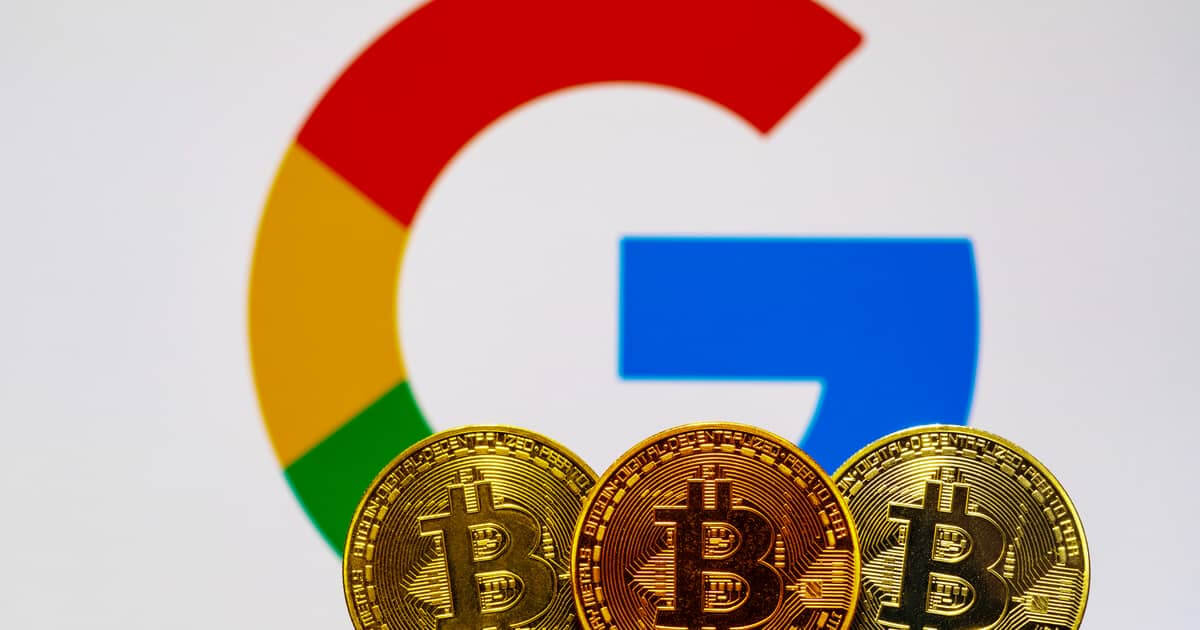Blockchain Solution in Healthcare: Google Secretly Collects Health Data From U.S Patients
Nicholas Otieno Nov 13, 2019 02:40
Blockchain provides a fourth model that can enable secure sharing of lifetime health data across providers and business partners. The use of blockchain is a potential solution to the case associating Google to have reportedly collected medical data from U.S patients in secret.

The common use of the electronic patient record system enables opportunities to enhance health care through big data analytics, secondary use, and data sharing. However, this also creates more opportunities for inappropriate uses, data breaches, and privacy violations.
For example, a decision to release or sell health data without informing patients is a breach of confidentiality. But this depends on raised questions and context about the basis and scope of the duty of confidentiality.
The latest report – according to The Wall Street Journal – indicates that Google has been secretly collaborating with one of the biggest healthcare systems in the U.S to secretly collect and analyze personal health data from millions of Americans.
The incident is interesting. But should the megacorporation be allowed to access full medical data without telling patients?
Perhaps, let’s dig deeper to understand the bottom of the matter.
Why and How did Google access patients’ medical data?
The WSJ report shows that Google has a secret division identified as “Project Nightingale” which has been gathering private medical data from millions of U.S patients across 21 states.
Since 2018, Google has been working with the St. Louis-based health system Ascension, the second biggest organization of this nature in the United States. Ascension reportedly shares health data with Google without the approval of doctors or patients. The report reveals that some 150 Google employees have access to this data.
The medical data include things such as hospitalization records, doctor diagnoses, and more. The data is said to have been compiled into a complete health history, which is connected to a patient’s date of birth and name.
Google is allegedly using the data to train machine learning algorithms to suggest changes to the healthcare of individuals. But this far-reaching project appears to threaten the privacy of people.
Is Google breaking the law?
But surprisingly, the WSJ’s analysis indicates that Google’s action appears to be completely legal. The Health Insurance Portability and Accountability Act (HIPPA) is the current privacy law provisions. The law allows hospitals to share health data with business partners if doing so assists them in carrying out their healthcare functions.
Google spokesperson talked with the WSJ and she said that “Project Nightingale” complies with healthcare law and offers adequate data protection.
But the concern rests on the fact that neither the collaborating hospitals nor Google did not see fit to inform doctors or patients that they were collecting such data. This indicates an entire lack of control that individuals have over their own personal data, and how little is known about who can store, view, and share it.
How can this problem be solved?
During this modern era, the question of privacy is frequently asked. It has been a topic of numerous speculations, arguments, debates, and discussions for years now. However, modern technologies have solutions to address the problem.
Individuals who know about blockchain are already aware that this technology can be utilized to store excessive quantities of information. The security and privacy features of the technology make it significantly useful to store data.
Blockchain can be used to store patients’ data. Moreover, patients could also share and monetize the data with anyone they want to, and even choose which part of data would be visible.
A recent report projects the global blockchain market within the healthcare industry to surpass $500 million by 2022. Medicalchain, Medishares, and Medibloc are some of the projects that are already applying blockchain to allow patients to take back control of their own healthcare data.
Although blockchain technology is still young and requires further development, it sounds promising in terms of stopping Google and other firms from invading patients’ privacy.
Takeaway
Policy and ethical analysis related to health informatics and data should take into consideration of public expectations, and also harms and benefits of how the data is used. Data sharing among health care providers and business partners (like Google) is important for patient safety and research purposes.
But secret use of health data without knowledge of patients raises privacy concerns and undermine the informed consent. However, the application of blockchain technology can solve the problem.
Image Via ShutterstockImage source: Shutterstock
